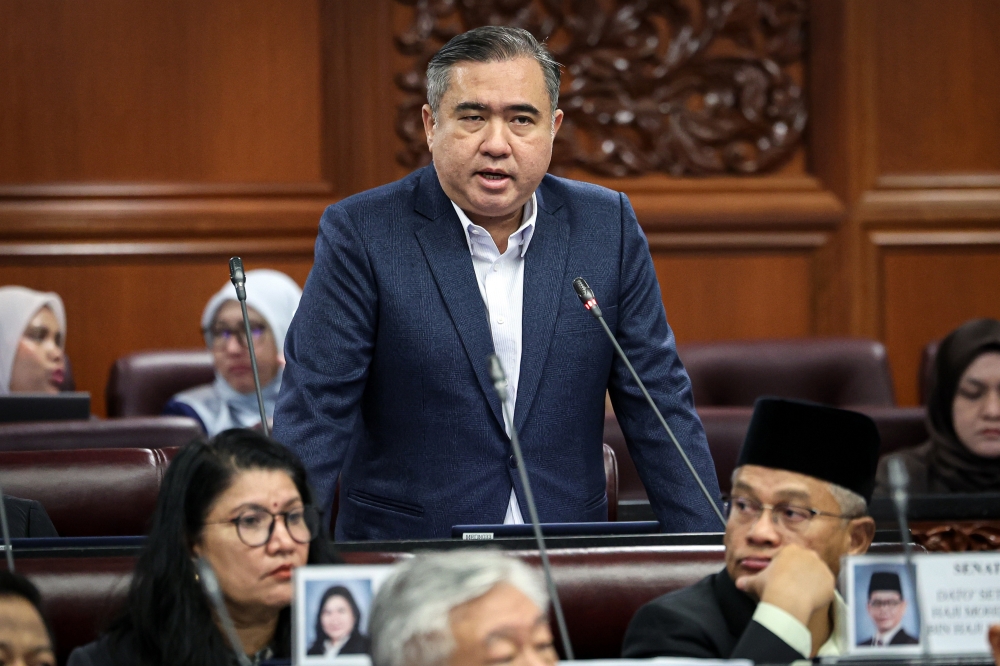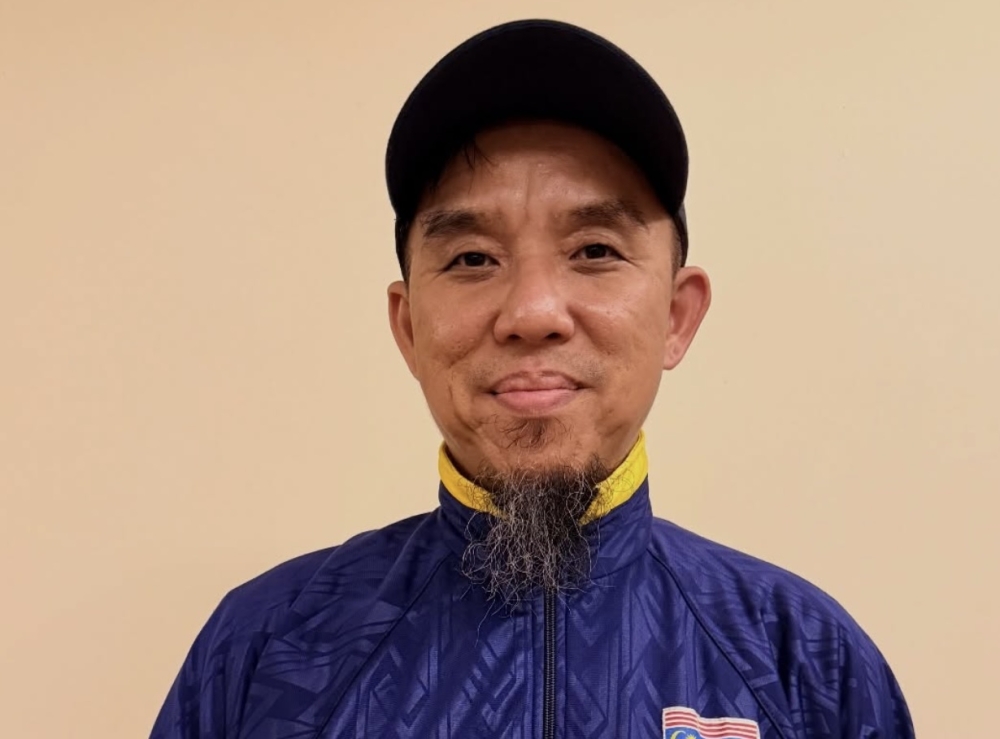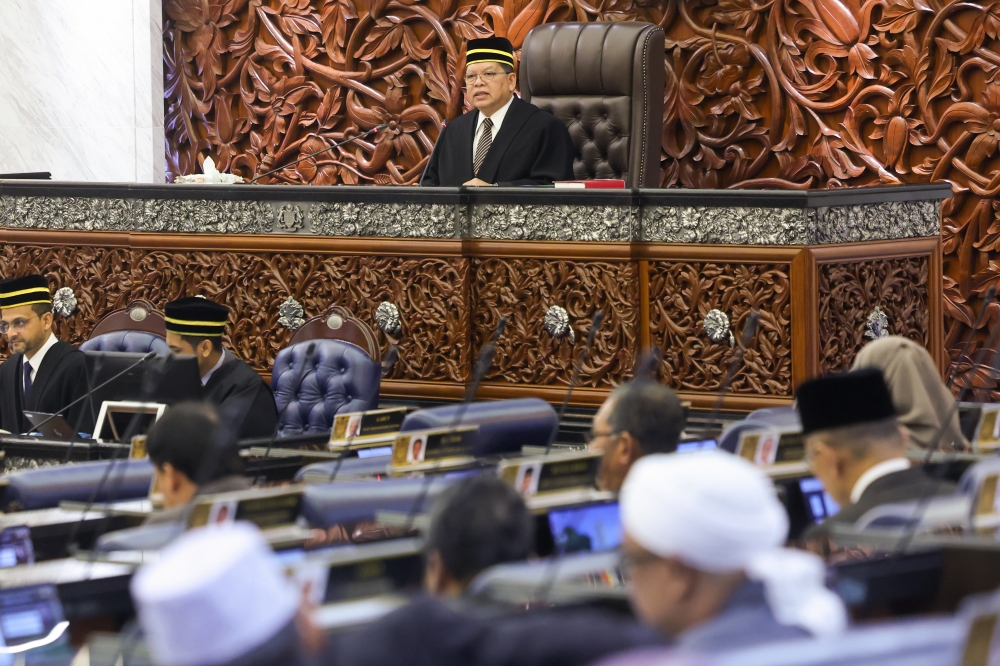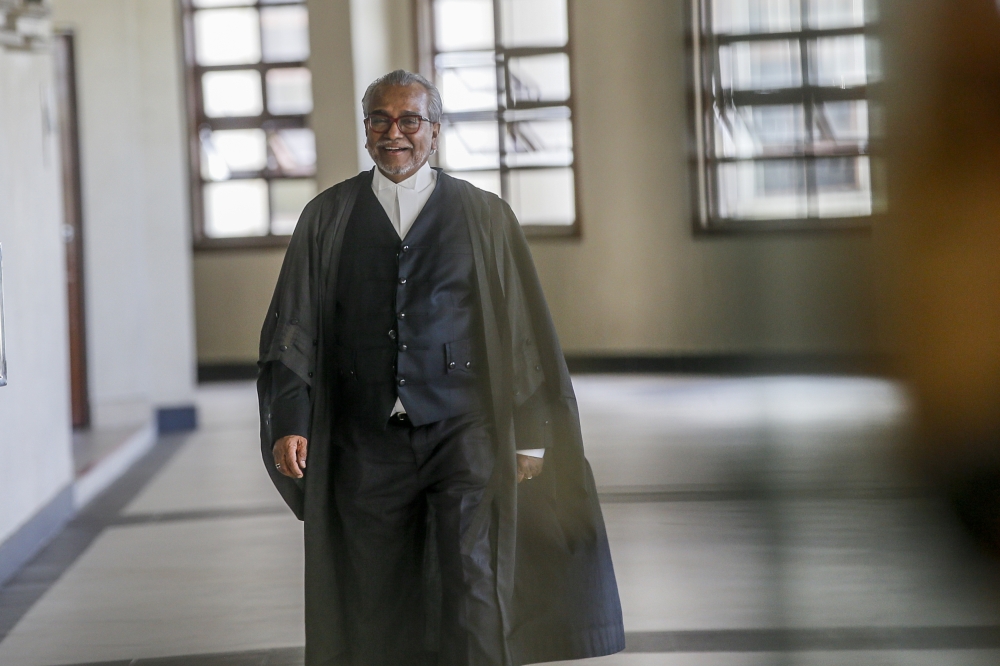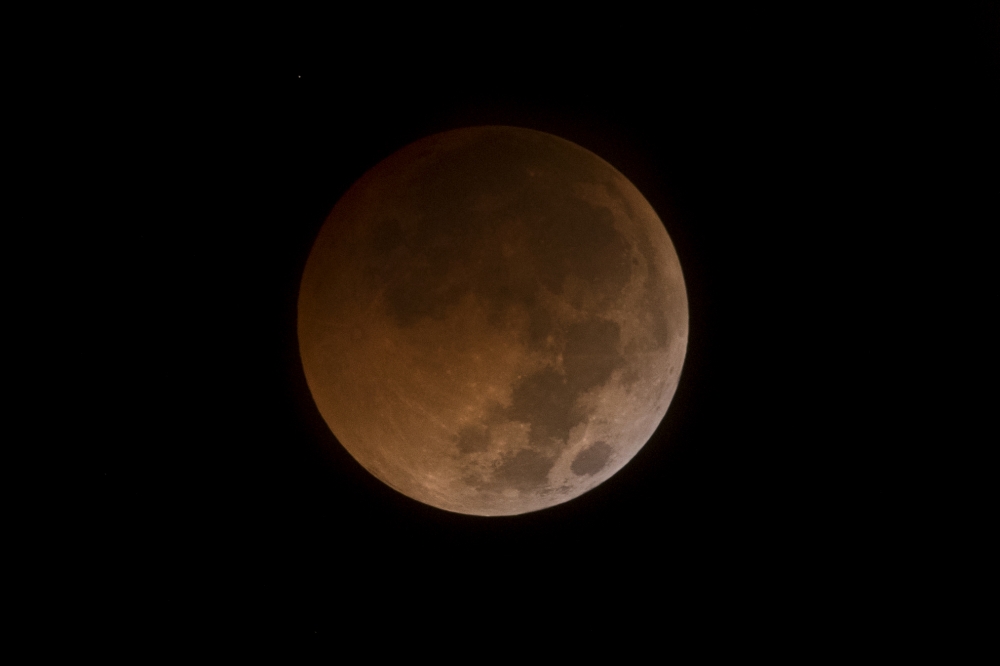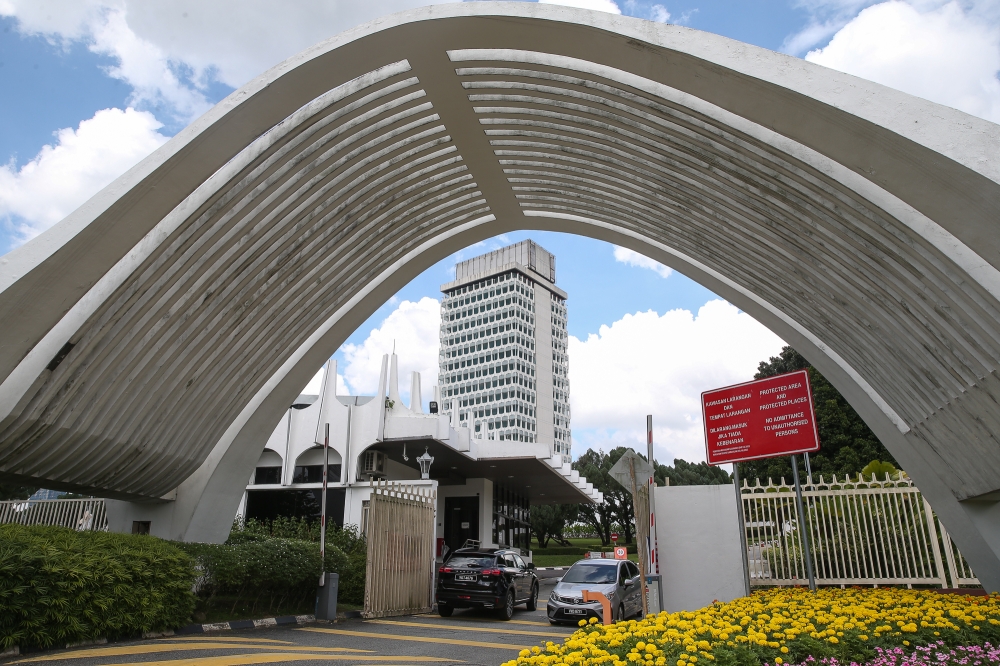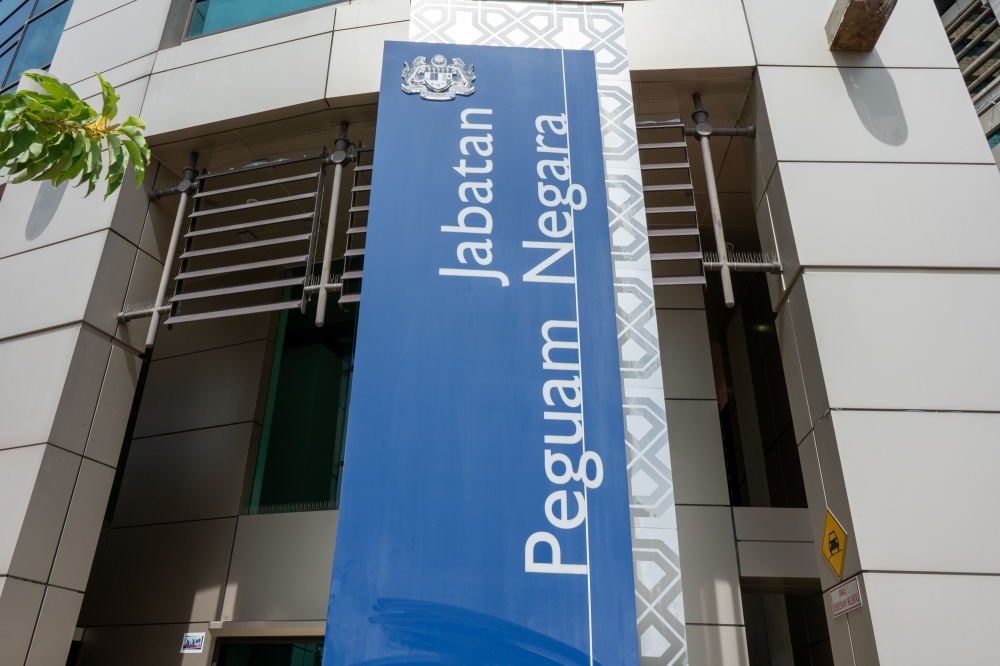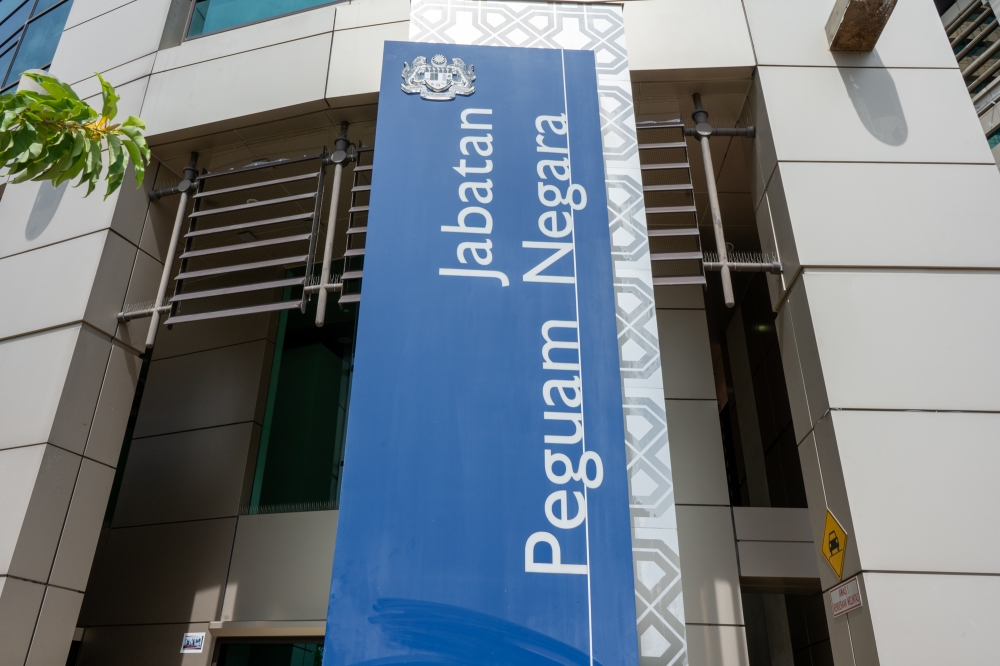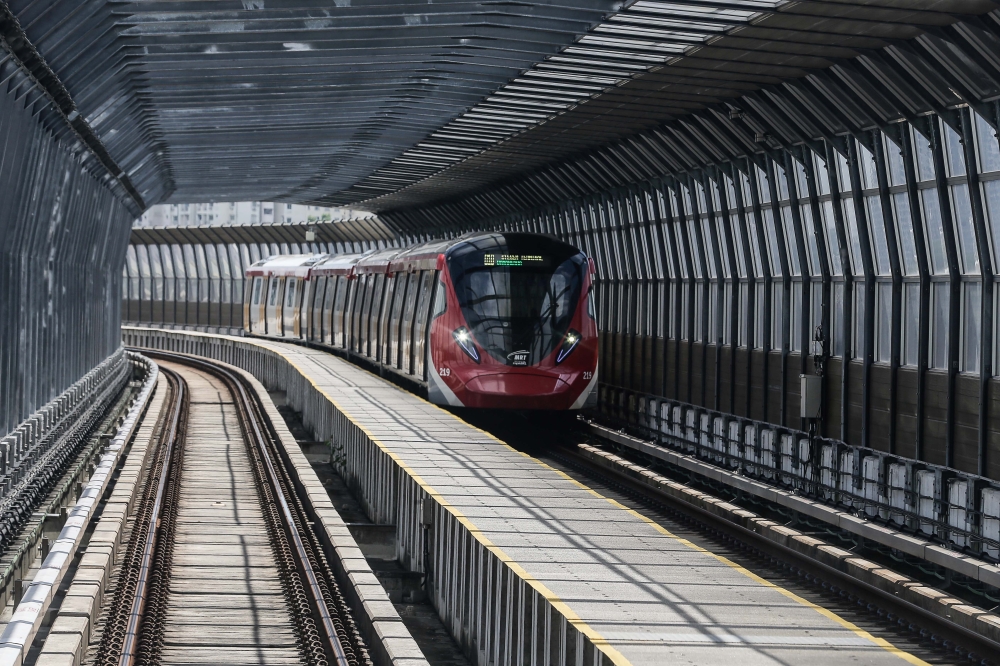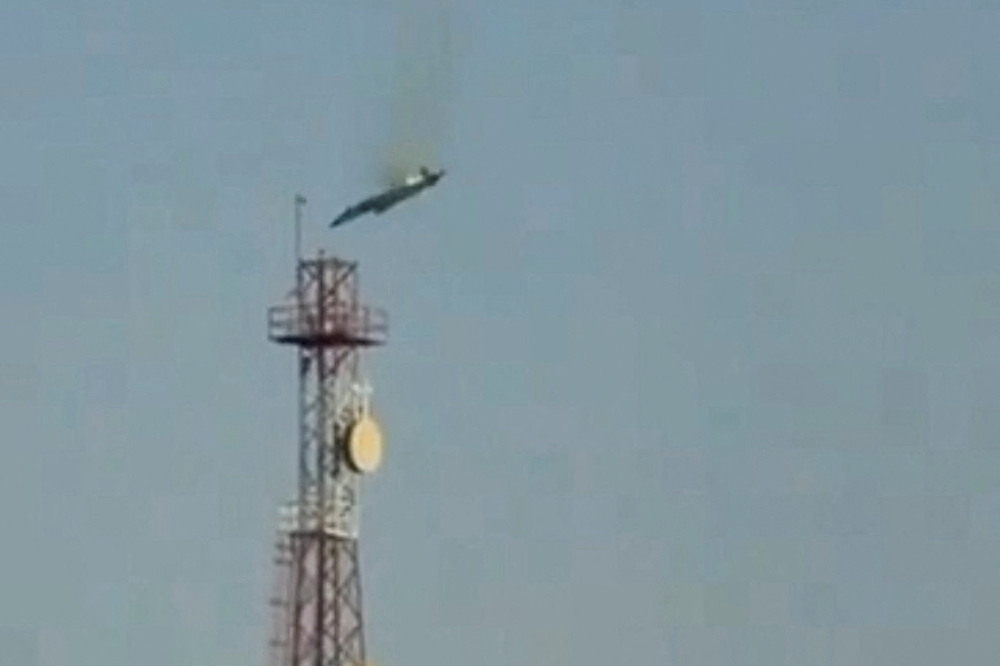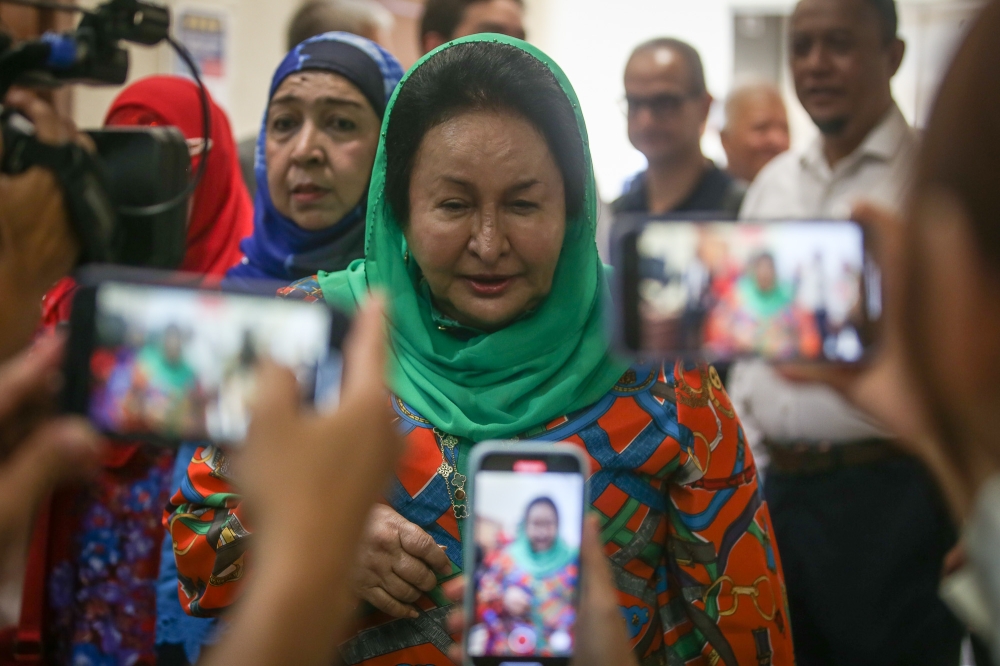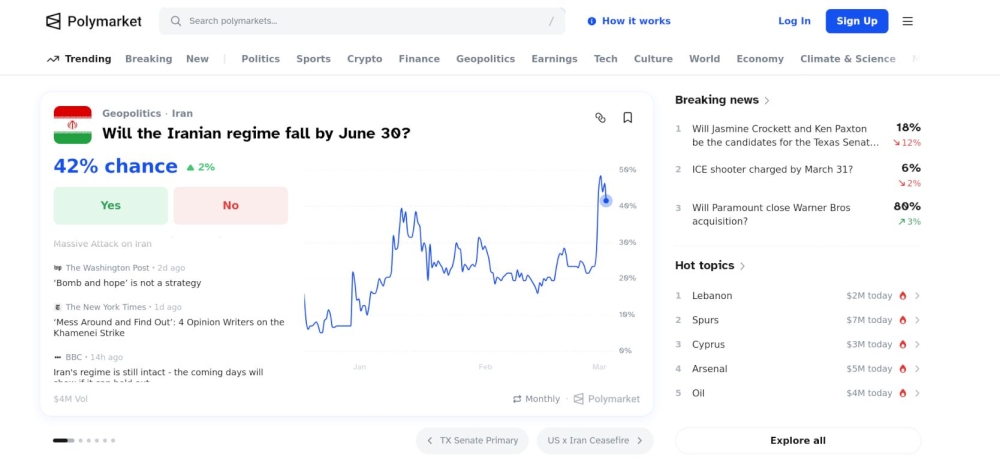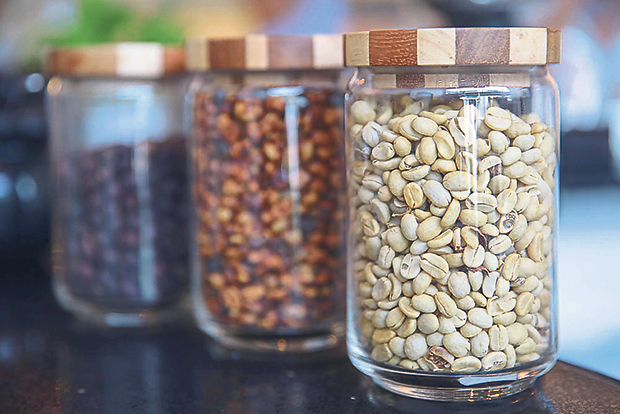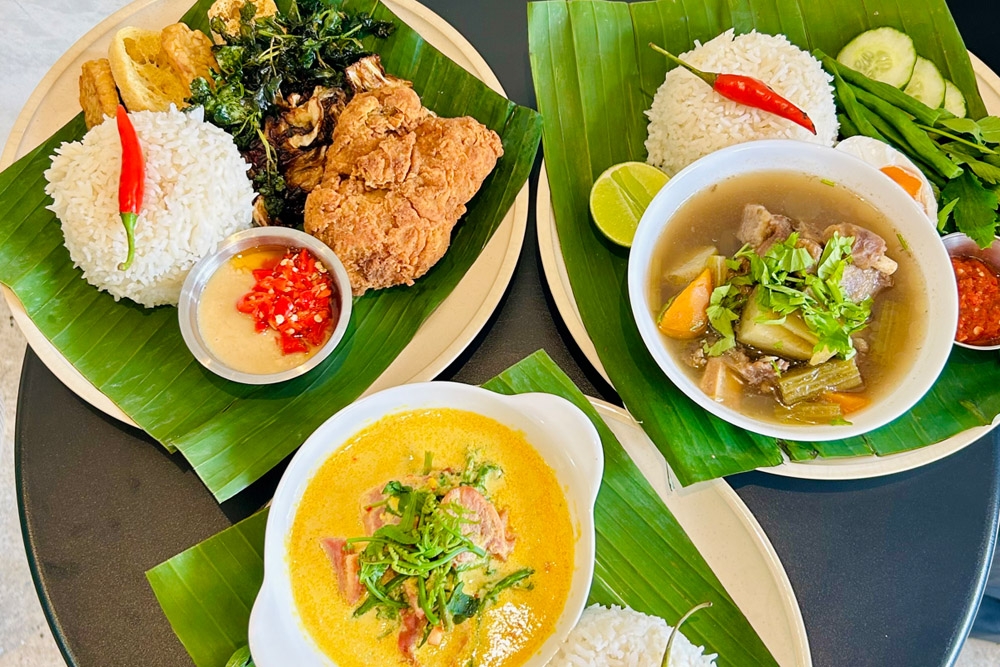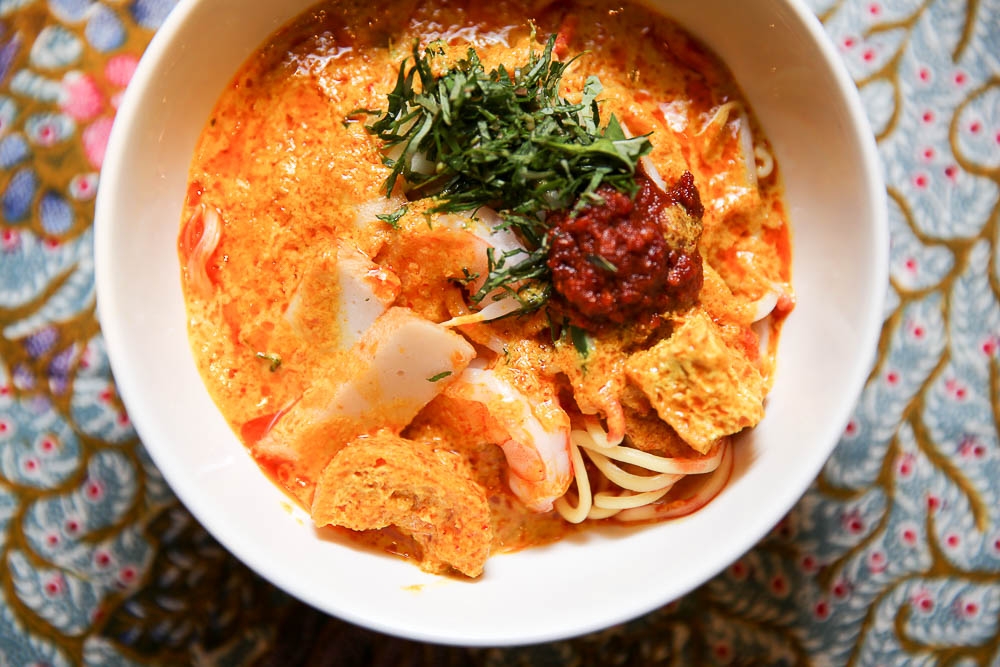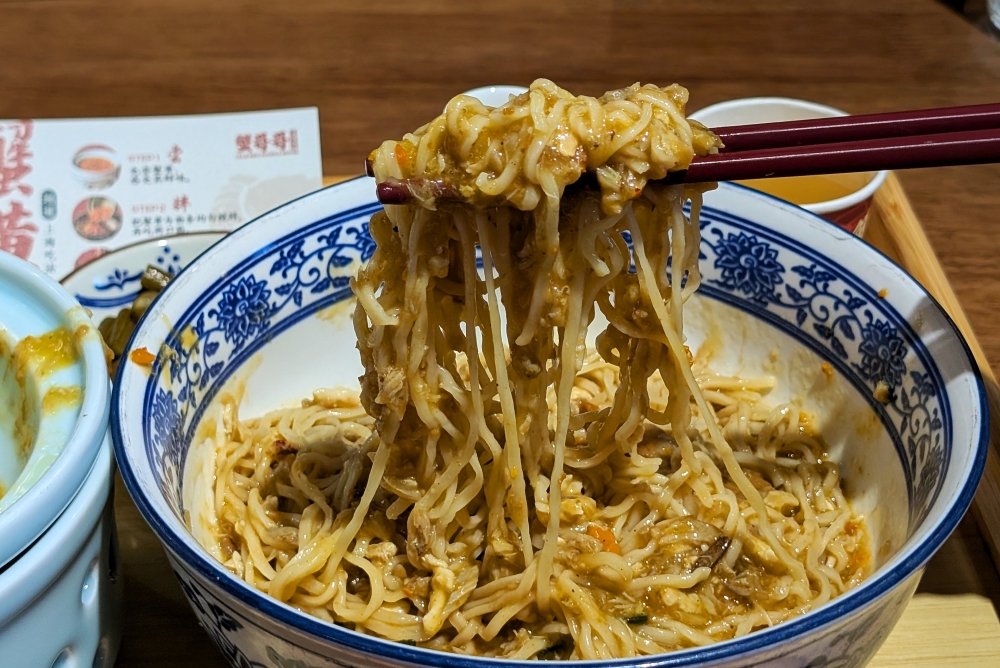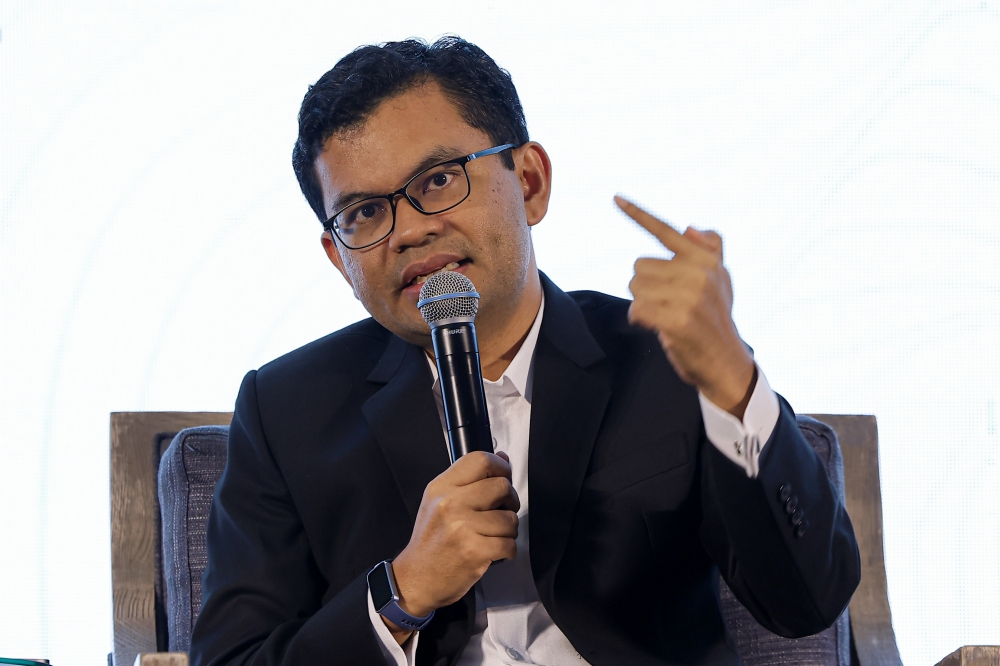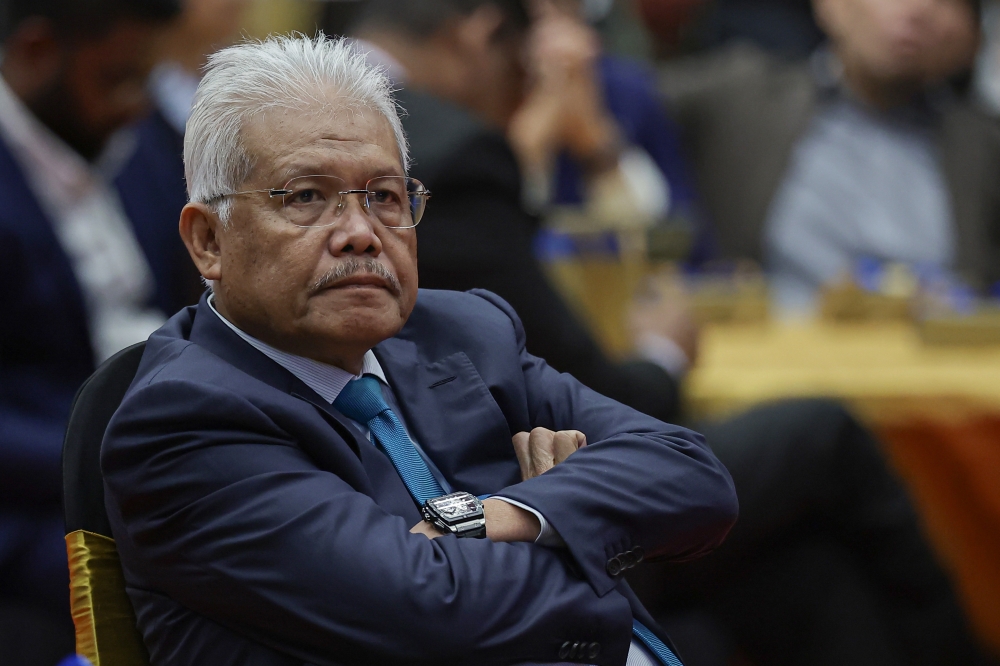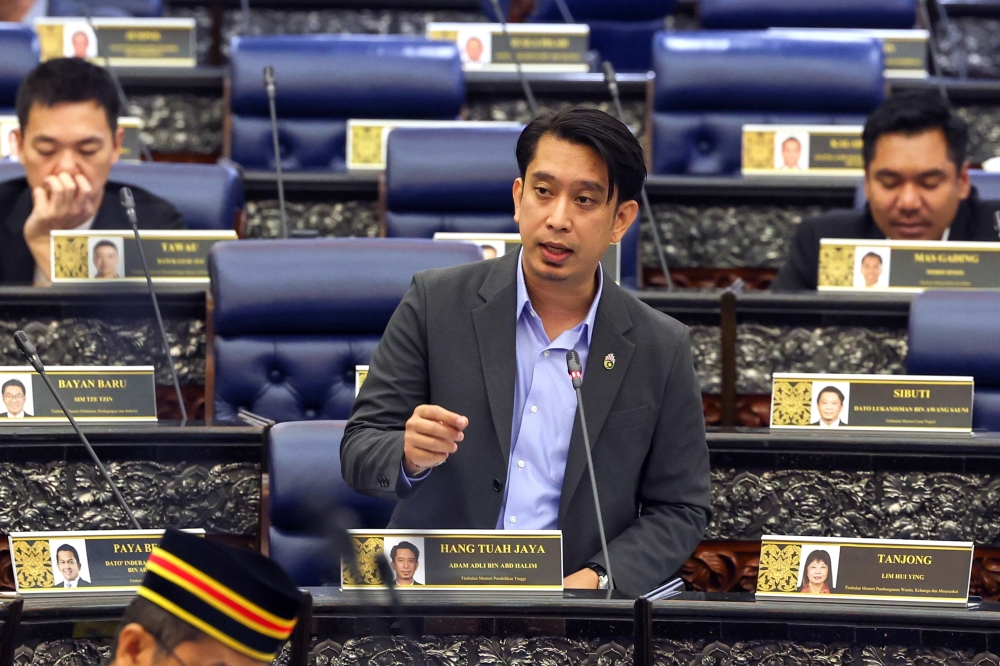KUALA LUMPUR, May 29 — In Miss Congeniality, the 2000 comedy starring Sandra Bullock, most of the beauty pageant contestants would, when asked what is the one most important thing our society needs, reply, “World peace!”
If you asked Canberra-based Sasa Sestic, the 2015 World Barista Champion, the same question, his reply might well be, “Better coffee.” (Though I’m sure he’d add “and world peace!” the way Bullock’s character Gracie Hart did, to copious applause.)
Sestic, who is also Australia’s first World Barista Champion (curious given the country’s role in almost single-handedly spearheading the Third Wave coffee movement, though the Nordic nations may disagree), was in town last weekend to promote The Coffee Man, a documentary film about his life in the coffee world.
The Coffee Man, which had its South-east Asia premiere on May 21 in Kuala Lumpur, at APW Bangsar, is made by producer Roland Fraval and director Jeff Hann. The film traces Sestic’s journey from Serbian Olympic handball player to specialty coffee royalty, and the challenges he faced along the way.“I was born in Serbia but moved to Australia in 1997,” says Sestic. “It was partly because of the war at that time but also because of Sydney Olympics 2000. But I always loved hospitality so when I retired from the sport in 2003, I completed an Advanced Diploma in Hospitality Operations. I then worked in restaurants, cafés and clubs before eventually getting a job as a barista at a bakery. That’s when my life in coffee started.”
Sestic confesses he wasn’t immediately enamoured with coffee — “I found it bitter and not nice,” he says – but as he was always a competitive and ambitious person, he soon learned the ropes and began to enjoy the brew.
Today he is the owner of ONA Coffee in Canberra, Australia, and has learned roasting in addition to better understand how to supply the type of beans customers — from coffee drinkers to cafés — desire.
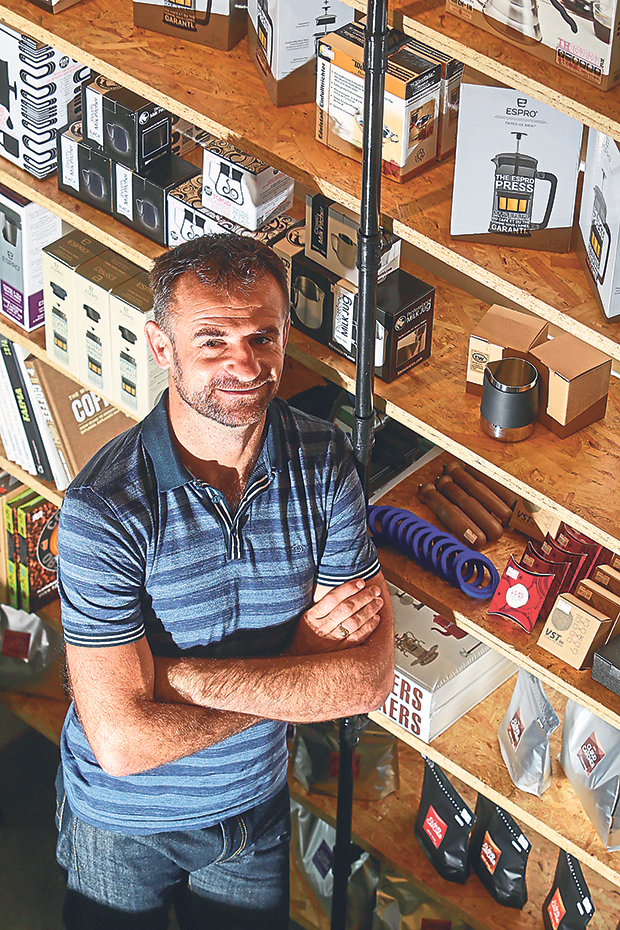
“Ultimately, it was more about providing satisfaction to customers than simply winning a competition,” he says. “Seeing how they enjoyed what I made was the ultimate reward.”When the 2014 World Barista Champion Hidenori Izaki handed Sestic the trophy in Seattle last April, the moment proved to be surreal for the newly-crowned winner. He explains, “It was a dream come true. This was something I’ve been chasing for years. Certainly, I couldn’t have done it without my amazing international team supporting me, including Hidenori himself, who was my coach. He really inspired me to use my title to inspire other people in the industry and make a difference.”
Sestic is paying it forward by coaching two other barista champions for this year’s WBC — Hugh Kelly, the Australian Barista Champion 2016 (also Sestic’s employee of seven years at ONA Coffee) and Natalia Piotrowska, the Irish Barista Champion 2016. It’s a pretty hefty responsibility, coaching the defending country’s champion on one hand and the host country’s champion on the other.
“Natalia competed with me in Seattle last year but she didn’t do that well as she only had a small community,” says Sestic. “I found her to be so passionate about coffee; she bought a WBC-standard machine and set it up at home just to practice! So I really wanted to help her achieve her fullest potential.”
The reigning world champion doesn’t believe in a micro-managing style of coaching. He says, “It’s all about them; my job is mainly to prepare them mentally. I don’t give them the answers. I want them to find out for themselves so that they not only compete but also understand coffee... and themselves.”
As a former sportsman, Sestic is ever the perfectionist and continues to challenge myself. In 2011, he started visiting various coffee farms around the world, learning about single origin beans at the source.
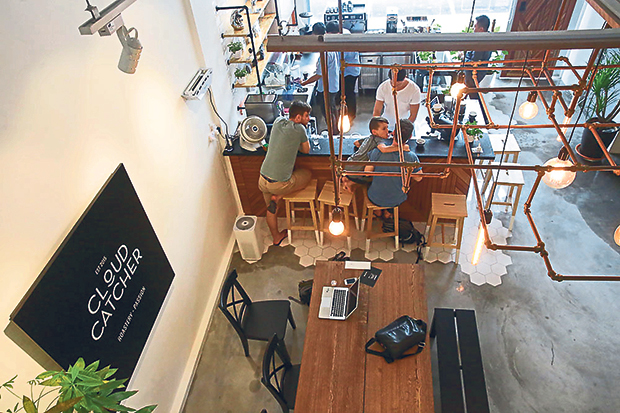
At the moment, he works with about 150 coffee farms and owns two farms of his own in Honduras and Nicaragua as part of Project Origin, an ethical green bean trading company, which he started in 2012.
Sestic explains, “I wanted to understand the coffee process from soil to cup. Not just cupping sessions, which is post-roasting, but actually harvesting the coffee cherries from the trees. I realised the raw products — the green beans — were crucial to the whole chain. In Honduras, I met Jorge Lanza of Finca La Huerta, the Cup of Excellence winners in 2013. We now work together; in fact I bought a farm near Jorge’s. Project Origin is my way of introducing buyers around the world to exceptional beans from these farms and to pay the farmers a premium price, directly, for what they produce.”
In Malaysia, Project Origin is supplying green beans through its local distributor, Cloud Catcher Roastery. Cloud Catcher’s founder, Elvin Siew, is a SCAA Certified Roaster and CQI Q Grader. According to Sestic, “Malaysia has one of the most exciting coffee scenes in South-east Asia. People are more open here than in other countries.”
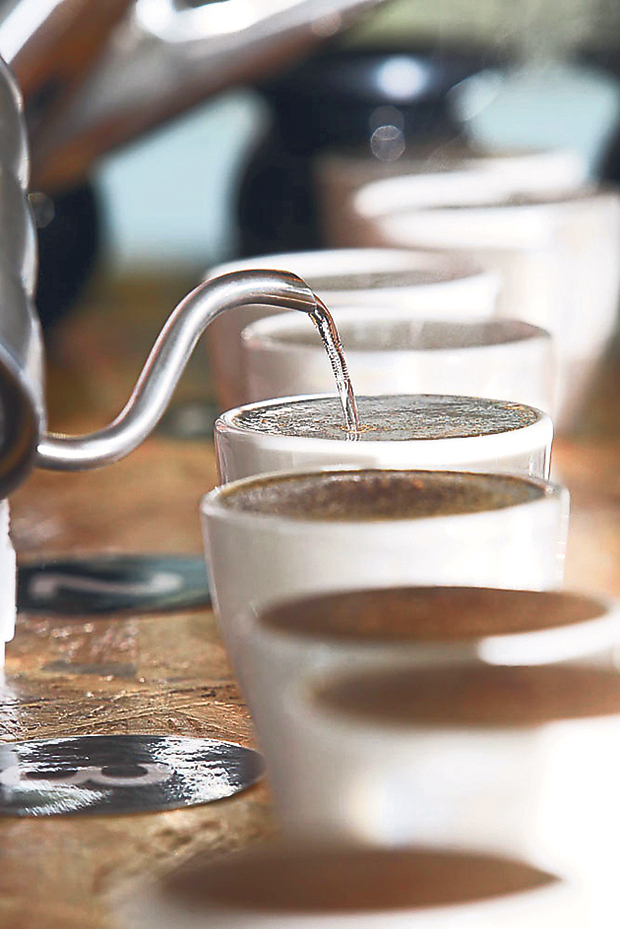
While he has transitioned into additional roles such as coffee roaster, café owner, barista trainer and green bean buyer, Sestic remains excited about the job that got him started on this journey — that of a humble barista.
“Honestly, the most important job is the barista’s. Why? The barista is the one who provides the best tasting experience for the customer and represents everyone in the supply chain. A barista has the honour of telling the story of the bean and then pass the customers’ feedback to the roasters and the farmers, completing the cycle. We always try to create a better cup... together.”
To learn more, visit
– ONA Coffee: www.onacoffee.com.au
– Project Origin: www.projectorigin.com.au
– Cloud Catcher Roastery: www.cloudcatcher.asia

